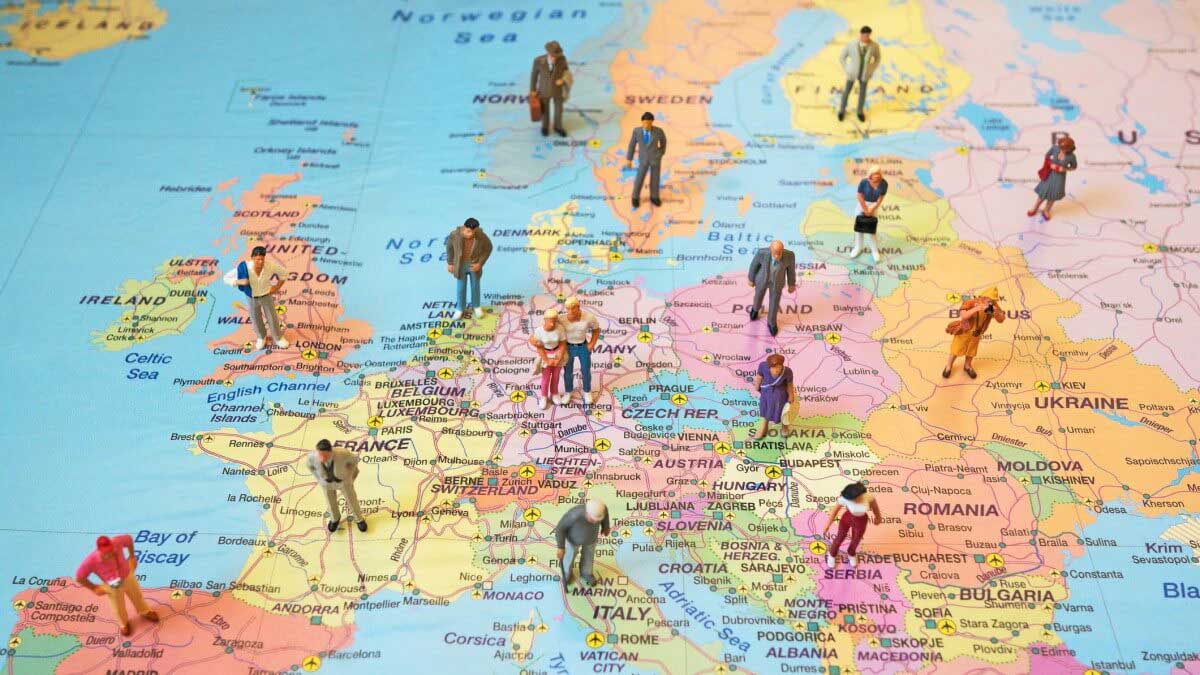About 100 cases of monkeypox have been confirmed in nine European countries, such as Spain, Portugal, Germany, Belgium, France, Sweden, Italy, and the Netherlands. In addition, similar cases have been confirmed in other countries such as the US, Canada, and Australia, while the outbreak was first identified in the UK.
Monkeypox is considered a rare viral infection with a mortality rate of less than four percent in humans. However, infection with such a virus can be accompanied by chills, aches, and fever, according to SchengenVisaInfo.com.
After the fever subsides, a rash may appear that may be itchy or painful, and sores may appear on the face or genitals, with symptoms disappearing within 14 to 21 days.
Spain has 40 confirmed cases of monkeypox, according to country data, with 67 others currently being tested. Most of these cases were linked to an adult sauna party in Madrid and another pride festival in the Canary Islands, with five alleged cases reported in the region.
In addition, three positive cases have been reported in Belgium, with local media reporting that these cases are related to the Darklands Festival. Belgium has become the first country to introduce quarantine for such cases, as they must be isolated for 21 days. Contact cases are exempt from quarantine, but they must remain vigilant and avoid contact.
In addition, 14 new cases of monkeypox have been reported in Portugal, bringing the total number of cases to 37, with the majority of those infected being young men. Four cases have been reported in Italy, with two reportedly occurring in the Canary Islands, where the outbreak is believed to have started.
Denmark reported its first suspected case of monkeypox on Monday, with the suspect reportedly recently returning from a trip to Spain.
Like Belgium, the UK has also imposed a 21-day quarantine for confirmed cases, according to official guidance from the UK Health Security Agency (UKHSA).
A total of 57 cases have been confirmed as of Monday, with the first case reported in Scotland earlier this week.
While only a few countries have imposed travel restrictions, World Health Organization (WHO) regional director Hans Kluge warned that stricter restrictions could be introduced in the EU.
“As we enter the summer season … with mass gatherings, festivals and parties, I am concerned that the transmission of the virus may accelerate,” Kluge said.
On the other hand, the number of positive COVID-19 cases across the EU is declining as countries lift travel restrictions as the summer season begins.

